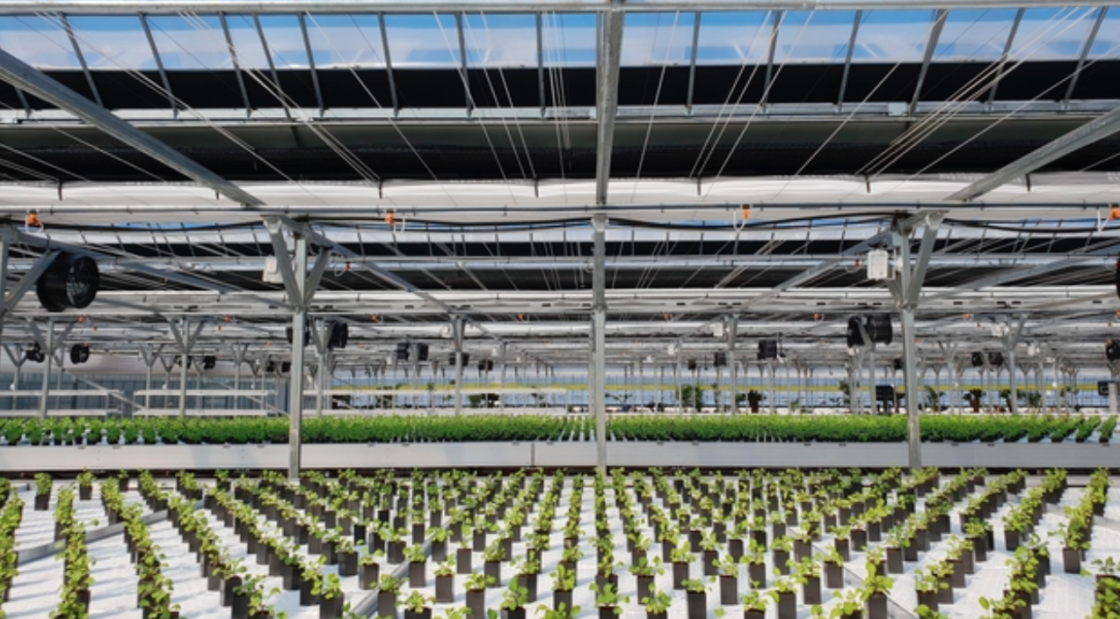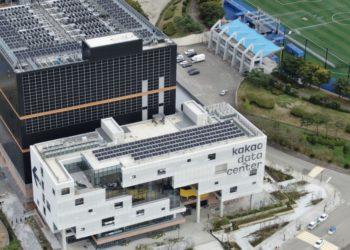Kakao supports for resource recovery of domestic native plants utilizing ‘Smart Farm’ which grafts IT onto agriculture.
Kakao, on the 26th, announced its plan to conclude the ‘Four-Party Agreement on Homegrown Plant Resources and Mutual Development’ with National Institute of Biological Resources affiliated with the Ministry of Environment, Kolmar Korea Co. and MANNA CEA, and to find domestic cases which can deal with the Nagoya Protocol through the collaboration.
The Nagoya Protocol is a protocol on access to Genetic Source of Biological Diversity Convention and fair and equitable sharing of profits from genetic resources. On February 1, 2012, South Korea enacted the Act on the Conservation and Utilization of Biological Diversity.
Kakao is responsible for research and support of the resource recovery of domestic native plants and for consigned production using Smart Farm platform which is running in Jeju Island with MANNA CEA, in this convention on business.
MANNA CEA is an agricultural start-up which possesses the farm automation technology affiliated with ICT and hydroponic method of cultivation. In October 2016, Kakao was underway to research and develop biological resources with partners in the bio and beauty industries after it invested into MANNA CEA and established environment-friendly Smart Farm demonstration research facility at Jeju headquarters.
The National Center for Biological Resources is a bio-industrial material, such as pharmaceuticals, cosmetics and health-function foods, which will explore plants of high value for use and lay a foundation for research on mass growth. Kolmar Korea Co. is in charge of researching components of bio-industry materials and product development.
“We have laid the foundation for natural plant resources to cope with Nagoya’s feelings through a multi-party agreement,” said Chung Chang-hyun, head of the Smart Farm Task Force in Kakao. “Kakao will conduct empirical research using advanced Smart Farm platforms with MANNA CEA for the preservation and sustainable use of domestic plants and will expand new business models that are linked to domestic bio and beauty industries.”







